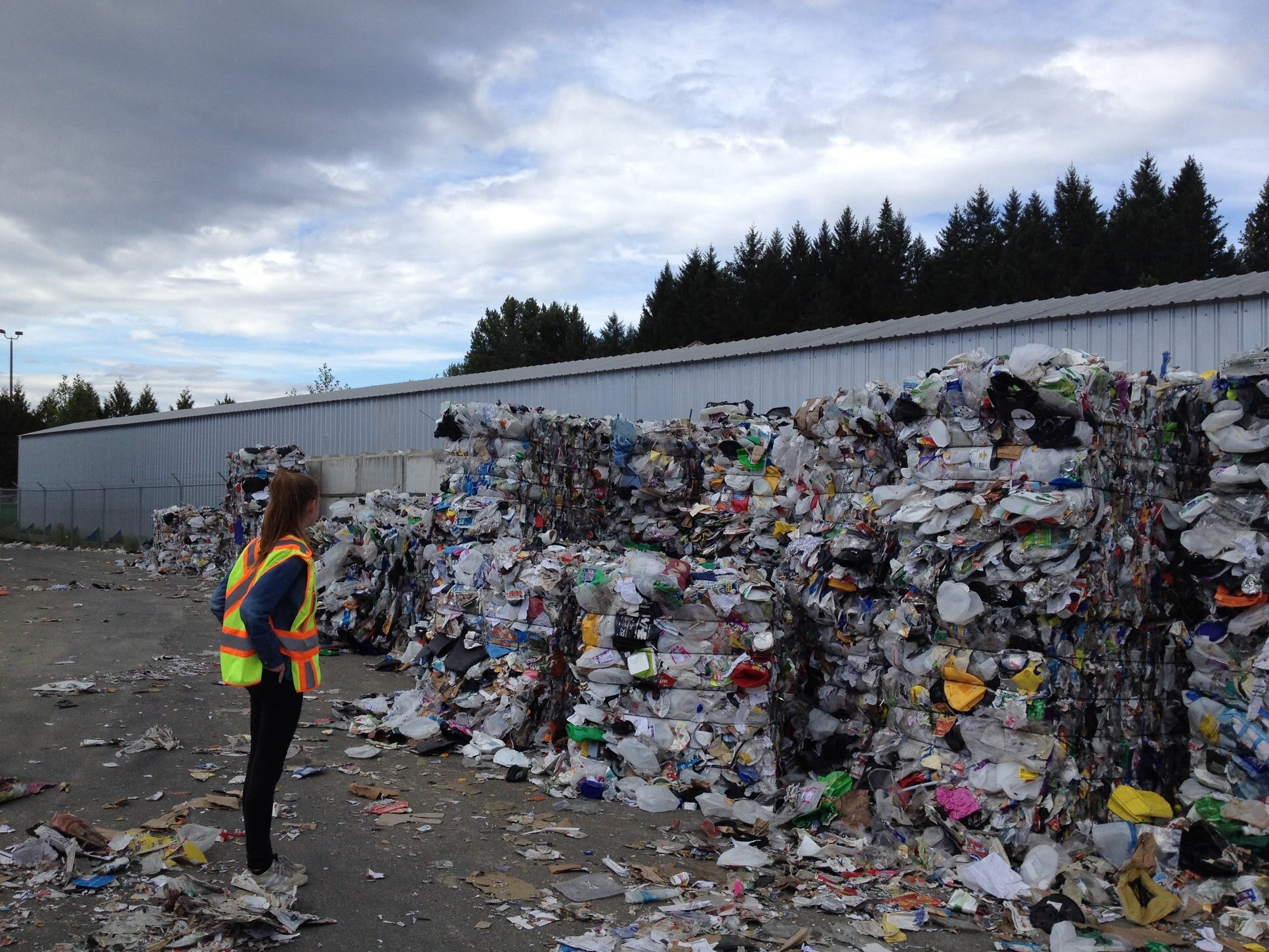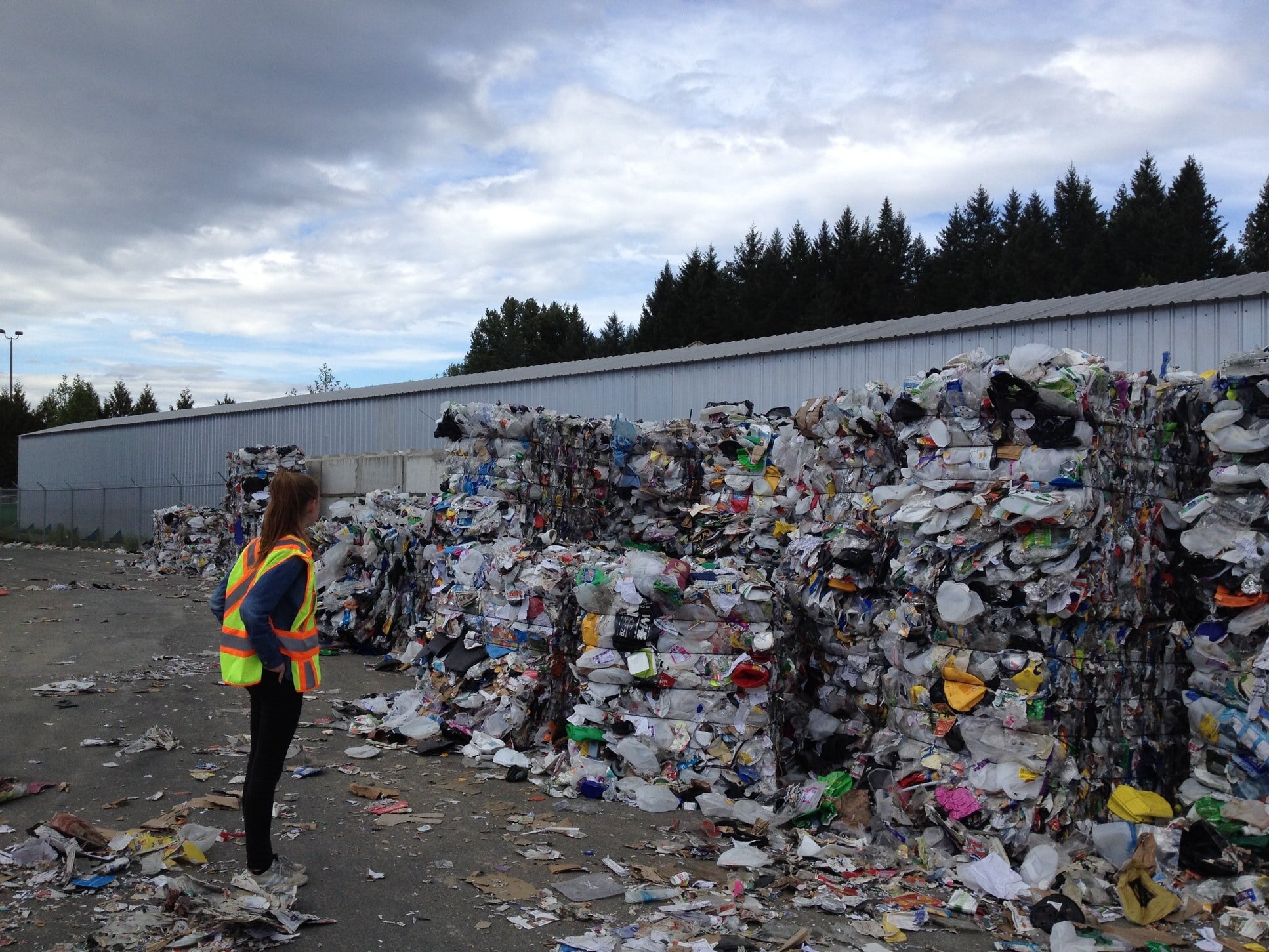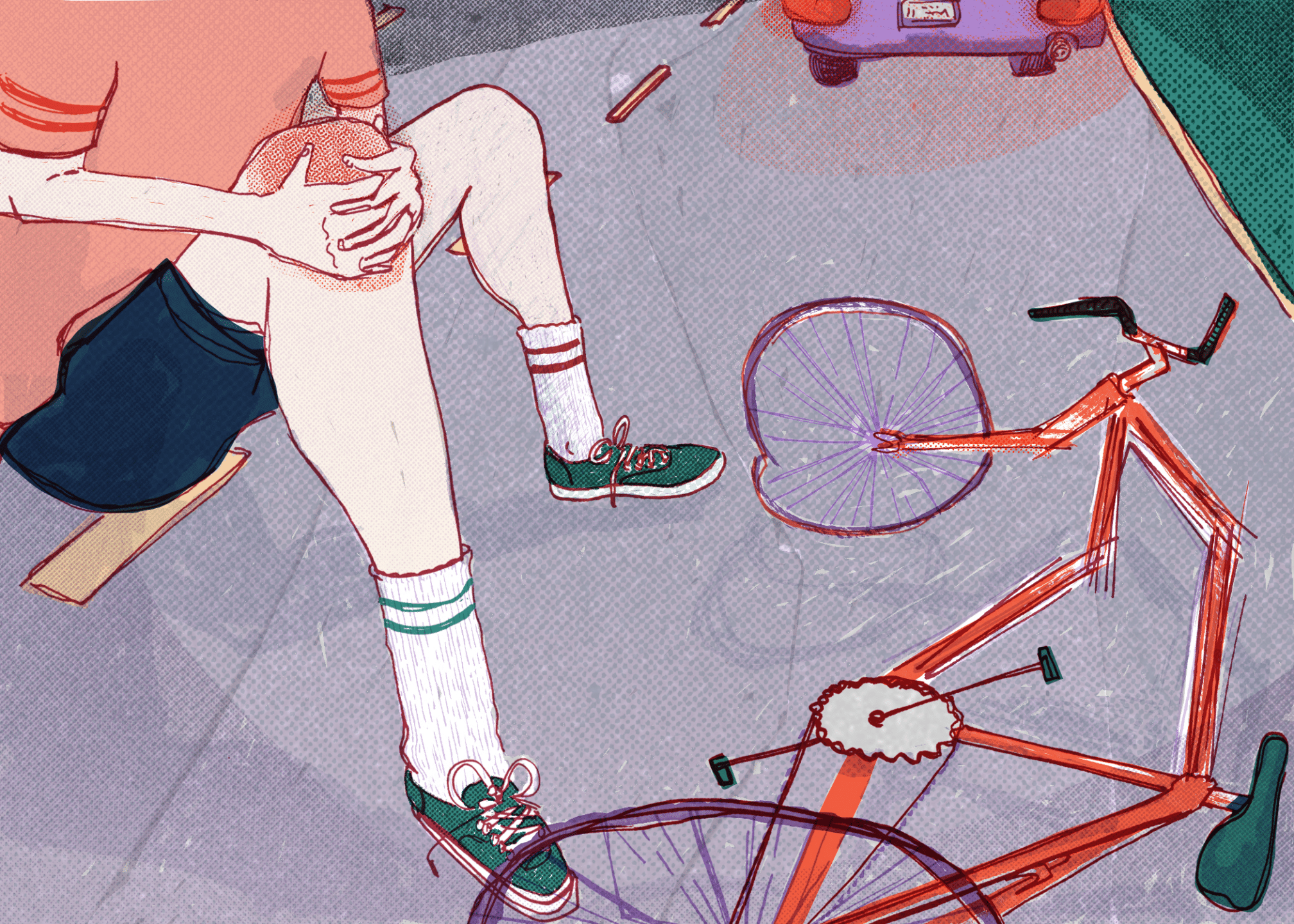I left my position as Zero Waste and Litter Director with much unfinished business. But the most regrettable was the incomplete transition of the Cabinet’s focus on Zero Waste to a more expansive vision of a circular economy in Philadelphia.
Don’t get me wrong, a Zero Waste goal was an important first step. Although Zero Waste goals in cities across the world have suffered from a lack of agreed upon definitions and metrics, Philadelphia’s was simple: we were working toward a future where the region would no longer have to rely on incinerators and landfills to manage our waste.
The Cabinet made a lot of strides toward achieving that goal. We established a demonstration project to create an urban composting permit to accelerate the composting sector in Philadelphia and cities throughout the state. We worked with the Office of Innovation Technology to map construction and demolition debris throughout the City to make the case for the City to invest in the construction and demolition recycling and deconstruction sectors. And we worked with many partners, including the Recycling Office, to move past single stream recycling and to truly assess all of the opportunities for recycling materials in Philadelphia from textiles to furniture.
I’m proud to say that much of the above work lives on in departments such as Sanitation, Parks and Recreation, the Office of Innovation Technology and the Sustainability Office and was on display during the City Council Committee on the Environment hearing last month on waste and litter challenges in Philadelphia.
This misguided emphasis on waste management as the solution to our trash and litter issues is a major roadblock in Philadelphia and in much of our global economy.
As much as I was excited to see these issues and solutions get some airtime, I was reminded of the frustrations that arose when the Cabinet recognized that a Zero Waste goal alone wasn’t going to get us to where we needed. This frustration manifested in the hearing as the Streets Department got top billing and focused on managing the symptoms of a linear make-take-trash economy instead of offering the cure.
If we are to have a future where every human can thrive and the planet has the capacity to provide a livable environment, then we have no choice but to move to a circular economy, which is defined by concepts such as designing out waste in manufacturing and consumption, minimizing extraction of finite resources (oil, precious metals/minerals) and replacing the unsustainable fallacy of endless growth with a focus on a healthy, high-quality of life.

This misguided emphasis on waste management as the solution to our trash and litter issues is a major roadblock in Philadelphia and in much of our global economy. It’s a con that the antiquated industrial economy has sold to the world: that waste is an inevitable byproduct of the only system that can provide sustenance for our planet. And for a time, the abundance of industrialization made that case and lulled us into a false sense of security that as long as the waste was kept out of site and mind in landfills, then all was well. Of course, the litter issue in Philadelphia easily refutes the concept of a well-functioning waste management system.
I give Councilwoman Katherine Gilmore Richardson credit for calling attention to the circular economy as a system to transform the City’s current waste and litter issues through testimony from critical departments such as the Office of Innovation Technology and the Office of Sustainability, as well as circular economy champions at the MacArthur Foundation.
Yet, the outsized focus on Sanitation during the hearing was the unavoidable result of the misguided investment in sanitation to solve waste issues that the City has mismanaged for too long. This focus is what needs to change if we ever want a cleaner city that runs on a circular economy.
Let me clarify my position on the sanitation profession as a whole. When you break it down, the sanitation worker is basically responsible for ensuring that materials get from point A to point B in a safe and clean manner. Currently, they ensure that bags of trash and loose recycling get from the curb to a processing facility. In a circular economy, this would not change—materials from a residence will still need to be processed somewhere.
However, sanitation operations (both public and private) have consistently shown that they do not have the supply chain expertise and access to commodity markets to viably reuse and/or recycle materials into new products. For evidence of this claim look no further than our broken recycling systems.
Of course, we need to address the issues of all workers in the circular economy including sanitation workers. So it was hard to hear the Streets Commissioner click off all of these aspirational waste reduction projects that the Sanitation division is getting major investment from the City and State to try, but then say that sorry, we can’t afford hazard pay and better equipment for the frontline workers that need to pick up the overflowing amounts of waste.
This example is a cautionary tale for Philadelphia city government and the private sector as a whole. While being mindful of existing jobs, we will never reduce waste in our society if we keep relying on and investing in private or public sanitation to develop the solutions.
What I’m calling for is the Mayor’s Office to first ensure that our sanitation workers have the adequate investment to do their jobs to ensure the efficient and clean transfer of waste to existing processing facilities.
But we are running out of time, land and healthy communities to continue to make, take and bury or burn our trash. The City must lead by example and shift the waste reduction focus to entities like the Commerce Department and Office of Innovation Technology to fuel major investments in our manufacturing, technology, innovation and academic sectors.
The circular economy will not happen through outsized and ineffective investments in sanitation public relations campaigns to persuade people to recycle right. It will happen through investment in a circular economy where the system is designed so that the only option is for materials to be efficiently reused and recycled, leaving the concept of waste in the metaphorical landfill of history.









